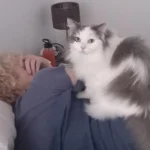Have you ever watched your playful, energetic cat suddenly become quiet and withdrawn? That moment can tug at your heartstrings or spark anxiety, especially if you’re used to your feline friend’s usual antics. It’s both mysterious and a little unsettling when a cat who once chased every dangling string now prefers to sit in silence, staring out the window or curling up in a shadowy corner. But what’s really going on when a cat chooses silence over play? In this article, we’ll unravel the surprising reasons behind this change, explore what your cat might be trying to tell you, and share personal insights that will make you see your furry companion’s quiet moments in a whole new light.
The Language of Cat Silence

Cats are known for being mysterious creatures, and their silence is no exception. Unlike dogs, who bark or whine to communicate, cats often use silence as their loudest message. When your cat stops playing and grows quiet, it’s not just random—it’s their way of telling you something. Silence in cats can reflect anything from deep contentment to subtle distress. For example, a cat might fall silent when they feel safe and at peace, or they could be signaling discomfort that isn’t obvious at first glance. It’s like reading a poem in another language: you need to pay close attention to the smaller details to truly understand what your cat is saying.
Reading Your Cat’s Body Language
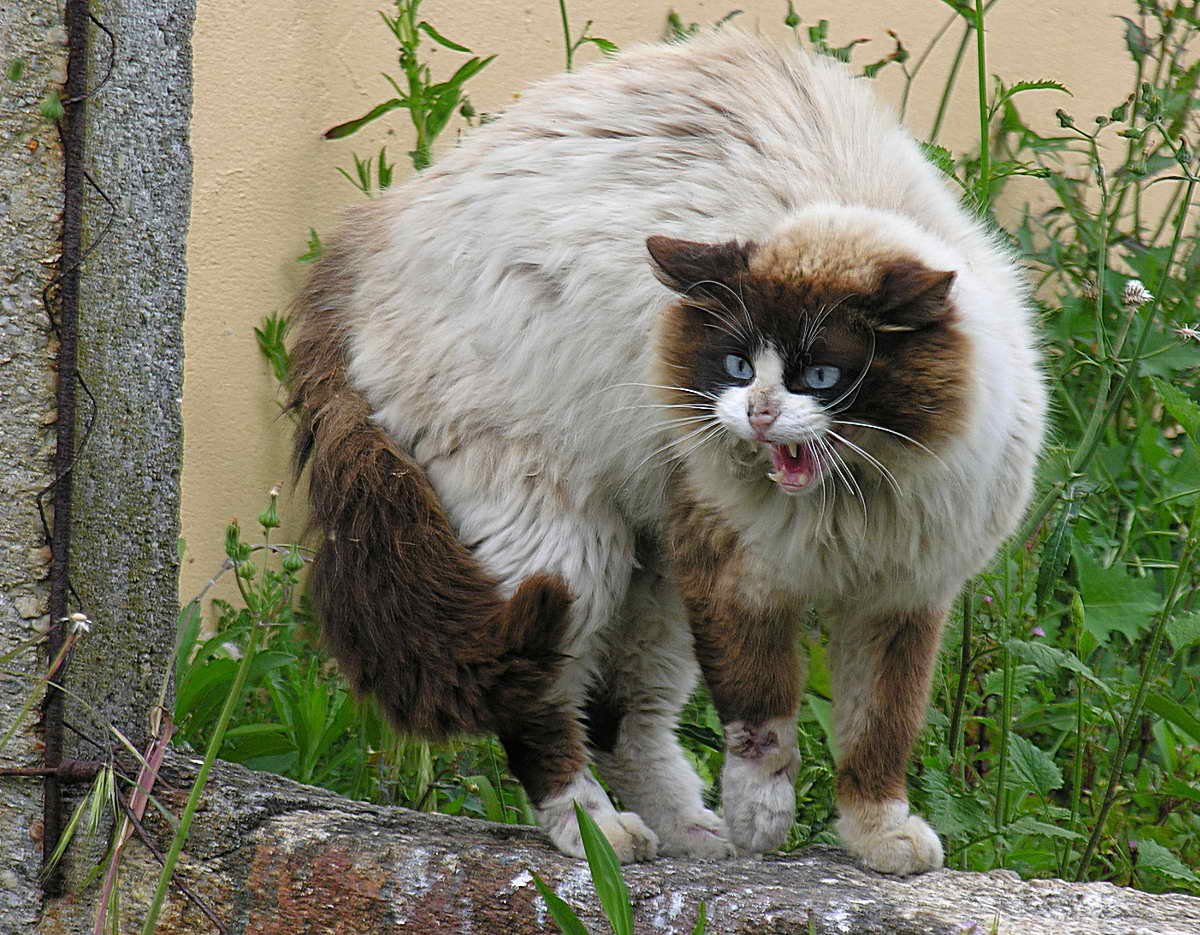
Even when your cat is silent, their body speaks volumes. Look for subtle signals—ears turned back, a tightly curled tail, or slow blinking eyes. These cues can reveal whether your cat’s silence is a sign of relaxation or something more concerning. For instance, a relaxed cat will have loose muscles and a soft gaze, while a stressed or unwell cat may appear tense and avoid your touch. Sometimes, silence paired with avoidance can be a way for your cat to cope with something that’s bothering them. It’s a bit like when we humans need a quiet moment after a long, stressful day.
The Impact of Age on Playfulness

As cats age, their priorities change. Just like people, older cats often slow down, and their zest for play can fade. It’s not uncommon for a once-feisty kitten to become a more contemplative, quiet adult. Aging brings about physical changes—like stiff joints or reduced energy—that make play less appealing. But this silence doesn’t mean your cat is unhappy; in many cases, they’re just adjusting to a new phase of life. It’s important to honor this shift and find new ways to bond, such as gentle petting or simply sitting together.
Health Concerns Behind Sudden Silence

A sudden shift from playfulness to silence can sometimes indicate that your cat is unwell. Illness, pain, or discomfort often drive cats to withdraw and become less active. For example, cats with dental pain, arthritis, or digestive issues may avoid playing because it hurts. Since cats are experts at hiding pain, their silence might be your only clue that something’s wrong. If your cat’s quiet behavior is accompanied by changes in appetite, grooming, or bathroom habits, it’s wise to consult a veterinarian.
Stress and Anxiety in Cats

Cats are sensitive souls, and even small changes in their environment can lead to stress or anxiety. Moving to a new home, the arrival of a new pet, or even rearranging the furniture can make a cat feel unsettled. When stressed, a cat may retreat into silence, avoiding play and hiding more often. This is their way of coping with overwhelming emotions. Providing a safe, quiet space and sticking to a consistent routine can help your cat regain confidence and return to their playful self.
Seasonal and Weather Influences

Believe it or not, the weather and changing seasons can impact a cat’s mood and activity levels. On cold, gloomy days, cats might prefer to nap and remain silent, just like people who feel more sluggish during winter. In contrast, they might be more playful during sunny days when the house is warm and full of light. If your cat’s silence seems to come and go with the weather, there’s probably no cause for concern—it’s just nature at work.
Comfort in Routine and Familiarity

Cats thrive on routine and familiarity. If something disrupts their daily rhythm, they may respond with silence and avoid play. This could be as simple as a change in feeding time or a new scent in the house. Cats find comfort in predictability, and silence can be a way for them to process changes and regain their sense of security. Re-establishing a consistent routine often helps them feel safe enough to play again.
The Role of Personality Differences

Not every cat is a natural-born entertainer. Just as people have different personalities, so do cats. Some are outgoing and playful, while others are introverted and prefer quiet companionship. If your cat has always been more reserved, choosing silence over play might just be part of who they are. Understanding your cat’s unique personality helps you appreciate their quirks and enjoy the special bond you share.
Boredom vs. Contentment

It’s easy to mistake a cat’s silence for boredom, but sometimes they’re simply content. A cat that’s well-fed, comfortable, and feels safe might not see the need to play constantly. Think of it like lounging on a beach with nothing to do but enjoy the moment. However, if your cat’s environment lacks stimulation—no toys, interaction, or interesting places to explore—boredom can set in, and silence may be a sign they need more excitement.
Bonding Through Quiet Moments

Some of the most powerful connections with your cat happen in silence. A quiet moment spent together, like sitting side by side while your cat purrs contentedly, can strengthen your bond. Cats often seek out this kind of peaceful companionship, using silence as a way to share trust and affection. These moments are like unspoken “I love you’s” that go beyond playful antics.
How Changes in the Household Affect Cats

A new baby, a visiting guest, or even a change in your own routine can affect your cat’s sense of security. Cats notice everything, and household changes can make them withdraw and become silent. They may watch from a distance, skipping playtime until they feel things have settled. Giving your cat extra attention and reassurance during these times can help them adjust and feel comfortable again.
Recognizing Depression in Cats
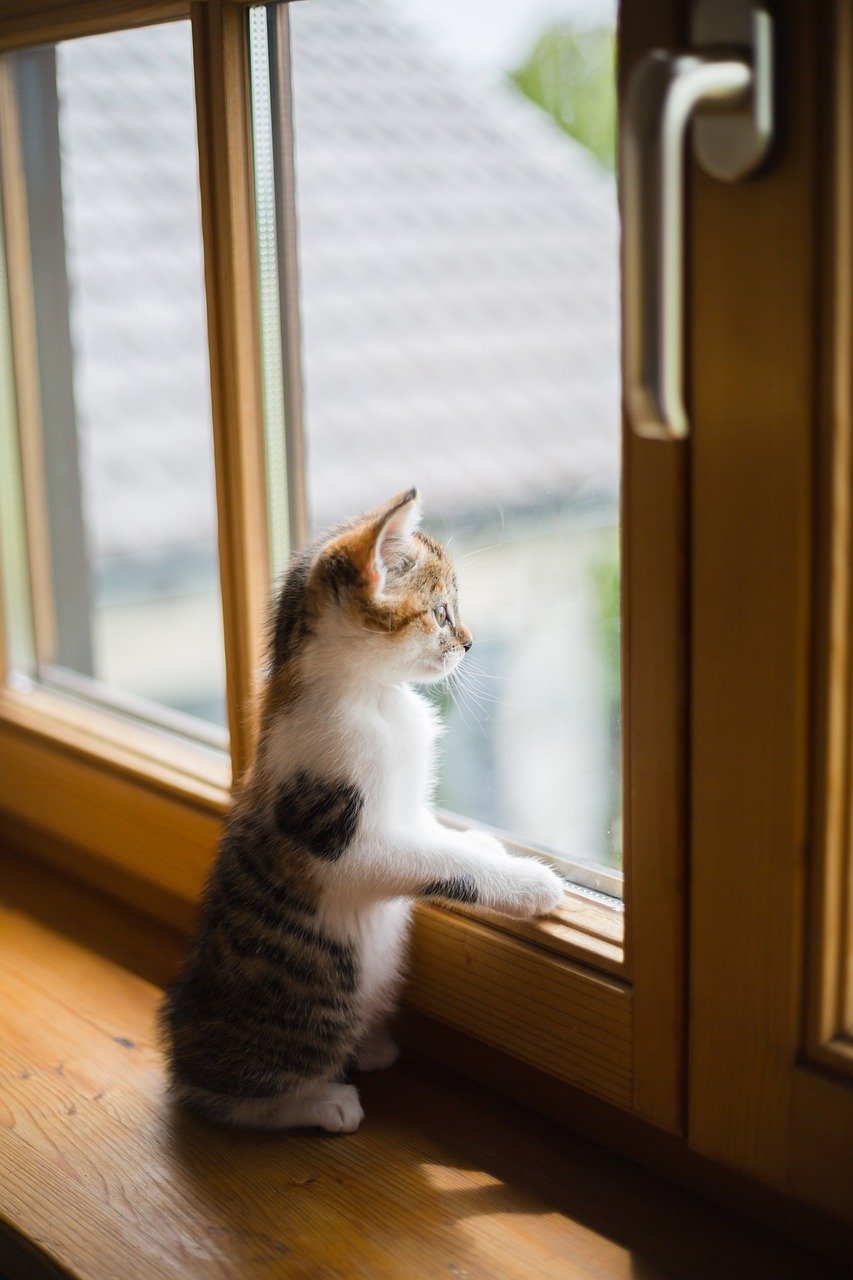
Just like humans, cats can experience depression. Loss of a companion, a major move, or ongoing stress can make a cat sad and withdrawn. A depressed cat may stop playing, lose interest in food, and spend more time alone. Their silence is a cry for help, and recognizing these signs early can make a huge difference. Gentle encouragement, extra love, and sometimes professional help can guide them back to happiness.
The Influence of Nighttime Activity

Cats are naturally more active at dawn and dusk, which means their play schedule might not match yours. Sometimes, what looks like “silence” during the day is just your cat resting after a night of energetic play. If you hear zoomies in the middle of the night, chances are your cat is still playful—just on a different schedule than you. Understanding their natural rhythms can help you appreciate their quiet times.
Cats and Their Need for Solitude

Unlike dogs, cats are solitary hunters by nature. They enjoy socializing, but they also value alone time. Choosing silence over play can be a way for your cat to recharge and reflect. It’s a reminder that your cat is an independent spirit who sometimes just needs a break from the action. Respecting their need for solitude builds trust and keeps your relationship strong.
The Power of Observation

To truly understand your cat, you need to become a keen observer. Spend time watching how your cat behaves in different situations—do they become silent after certain events or at particular times of day? Noticing patterns can help you figure out if your cat’s silence is a normal part of their routine or something that needs attention. Over time, you’ll develop a sixth sense for what your cat is feeling.
Adapting Play to Your Cat’s Needs

If your cat isn’t interested in their usual toys, try changing things up. Some cats prefer quiet, slow games like chasing a feather, while others enjoy interactive puzzles. Adjusting your approach can reignite your cat’s interest in play. It’s like learning a new dance—you have to find the right rhythm together. Don’t be discouraged if your cat needs time to warm up to new activities.
Cats Communicate Differently

Cats often communicate with us in ways we might not expect. Silence can be just as expressive as meowing or purring. Imagine your cat as a silent movie star, conveying their feelings with a flick of the tail or a steady gaze. Learning to appreciate this subtle form of communication helps you become a better cat parent and deepens your mutual understanding.
Physical Environment Matters
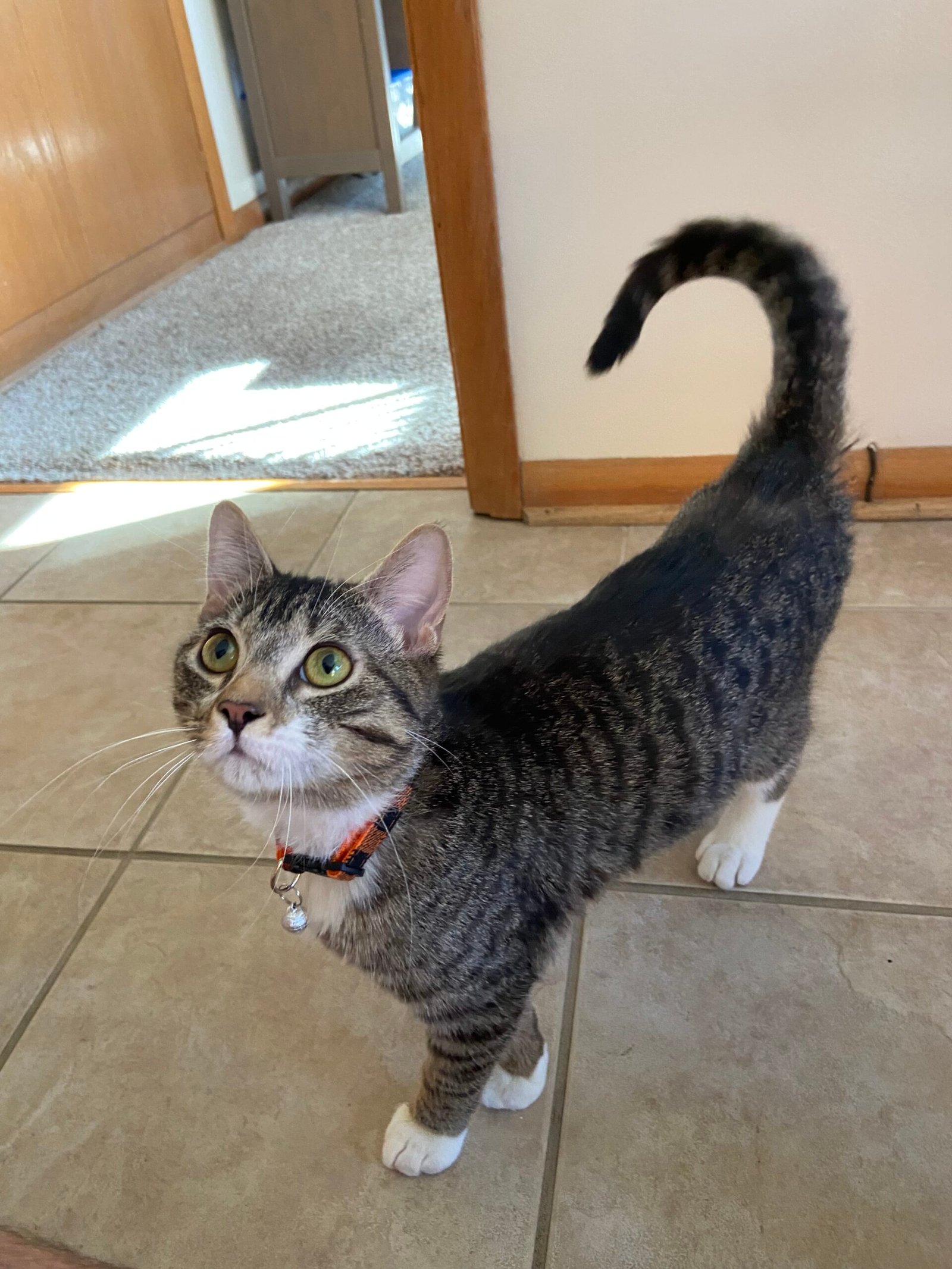
The setup of your home can impact your cat’s willingness to play. A cluttered or noisy environment may make your cat retreat into silence, while cozy hiding spots and sunny perches can invite relaxation. Sometimes, just moving a scratching post or adding a window seat can encourage your cat to become more active. Think of your home as your cat’s personal playground—small changes can make a big difference.
When to Seek Professional Help

If your cat’s silence is sudden, prolonged, or accompanied by other troubling symptoms, it’s important to seek help from a veterinarian or animal behaviorist. Trust your instincts—if something feels off, it probably is. Early intervention can prevent bigger problems and ensure your cat’s health and happiness. Remember, you know your cat better than anyone else.
Trusting Your Cat’s Instincts
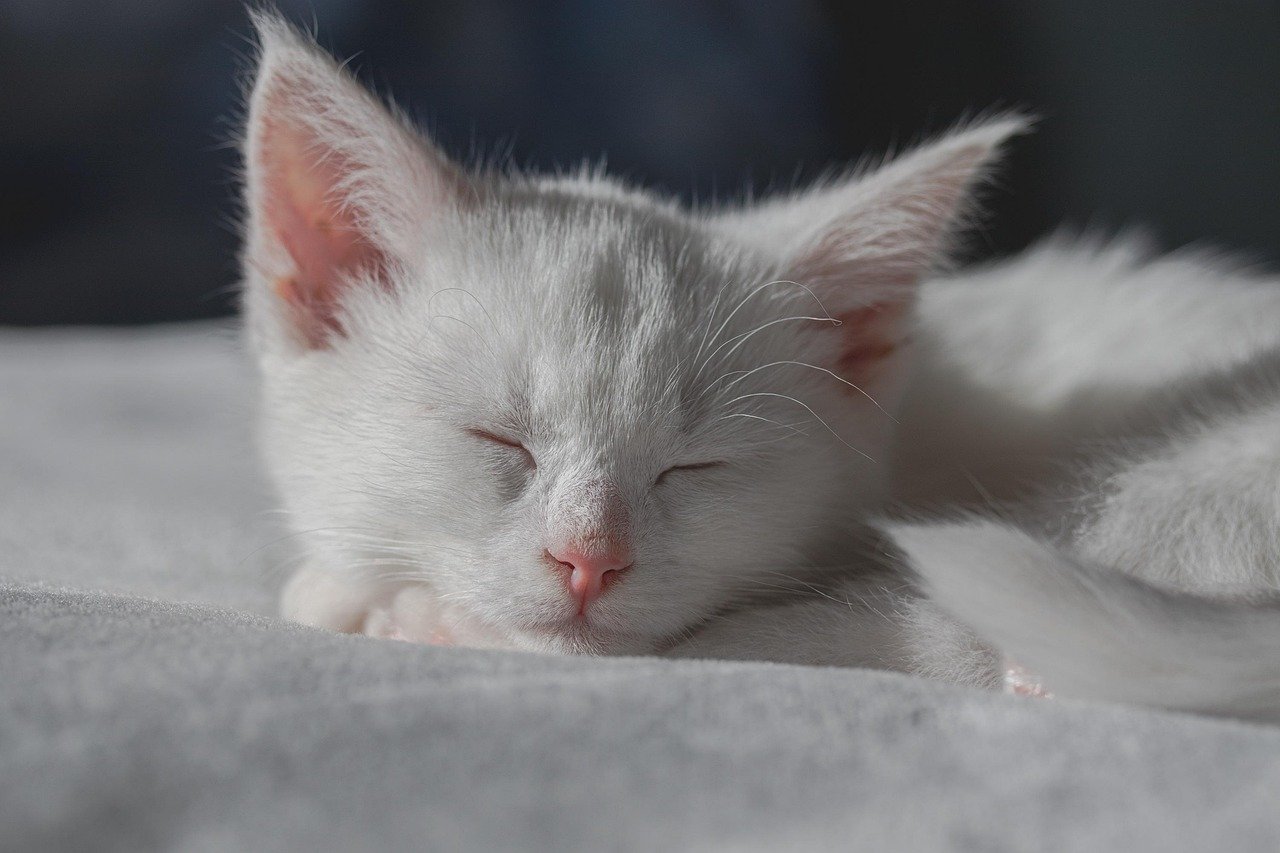
At the end of the day, cats are incredibly in tune with their own needs. If your cat chooses silence over play, it’s usually for a reason. Trusting their instincts—and your own—can help you provide the best care possible. Sometimes, the most loving thing you can do is simply be there, quietly sharing your company as your cat navigates their own unique journey.
Hi, I’m Bola, a passionate writer and creative strategist with a knack for crafting compelling content that educates, inspires, and connects. Over the years, I’ve honed my skills across various writing fields, including content creation, copywriting, online course development, and video scriptwriting.
When I’m not at my desk, you’ll find me exploring new ideas, reading books, or brainstorming creative ways to solve challenges. I believe that words have the power to transform, and I’m here to help you leverage that power for success.
Thanks for stopping by, Keep coming to this website to checkout new articles form me. You’d always love it!




